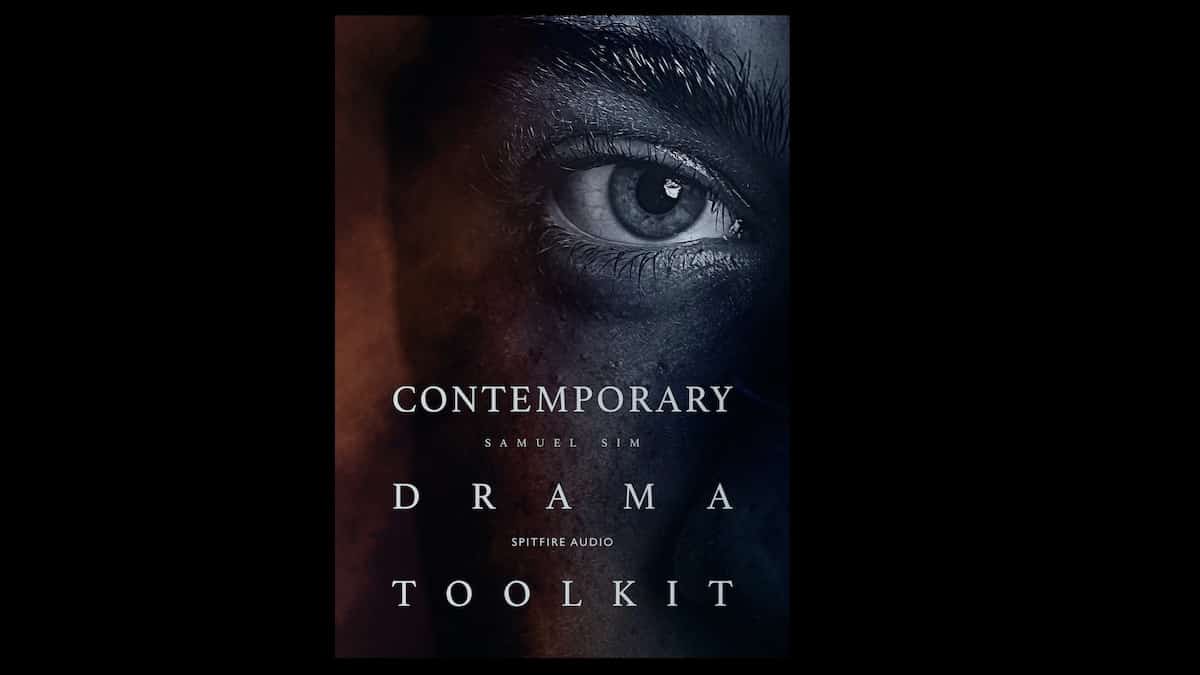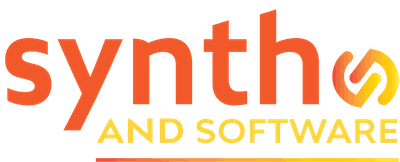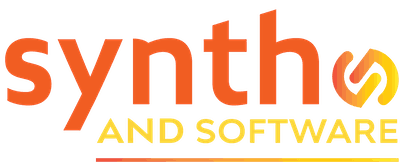In This Issue
Spitfire Audio Contemporary Drama Toolkit – Exclusive Synth and Software Review

Kays Alatrakchi puts this new ambient library of synth textures, vintage gear, and heavily processed sounds through its paces.
Contemporary Drama Toolkit (CDT from here on out) is one of the more recent offerings from British sample developer Spitfire. The library will appeal to media composers who favor a minimalistic, ambient-driven approach to their work. While many of Spitfire’s past products have focused on orchestral and acoustic sample instruments, CDT ventures into the realm of synth textures, vintage gear, and heavily processed sounds.
Coming in at 28Gb in size, the library runs in Native Instruments’ Komplete Kontrol, Kontakt (version 5 and higher), or the free Kontakt Player. Downloading the library is done through the Spitfire Audio App, which provides a convenient way to manage purchased content. Note that in order to authorize CDT, the provided serial number will also need to be added to Native Instruments’ own Native Access app.
CDT includes ten instruments organized into Synths, Guitars, Electric Cello, Violin, and Vocals categories, as well as Combi instruments, which are curated combinations of the main categories. The Synth and Combi categories are in turn split between Textural, Pads, and Leads.
CDT instruments contain as many as 16 patches or “articulations,” selectable by clicking the row of note icons at the bottom of the instruments (an interface choice I found somewhat unintuitive):

Memory-conscious users will be glad to know that each articulation is also available as individual instrument files organized in the “Advanced” folder of the library.
When playing, the Mod Wheel (CC1) is assigned to the Low Pass Filter while CC11 is assigned to control Expression. Both controllers can be used to great effect to achieve dramatic swells and pulses. Curiously, the Pitch Wheel is not enabled by default, an unfortunate omission that I hope will be addressed in a future update.
Keyswitching is also not enabled by default, but can be easily turned on by clicking on the “padlock” icon and selecting Unlocked Articulations.
Changing the user interface to Expert view by clicking on the “wrench” icon accesses additional parameters, including an alternate “FX” mix that can be enabled and blended into the main signal for even more tonal variations. Knobs can be used to change the ADSR values, while a slider controls the amount of reverb in the mix.
CDT allows layering of articulations by shift-clicking on multiple note icons. The quantity of sonic options available in CDT is extensive, to say the least.
These instruments are designed to take advantage of note velocities to trigger a wide dynamic range of sounds. The lower range is typically reserved for textures, while mid and higher velocities will trigger sounds with more pronounced attacks that are well suited for melodies and musical punctuations.
All of the instruments are programmed to feel responsive and react naturally to the player’s performance. Some of the articulations feature rhythmic pulses, programmed to sync to the host DAW’s tempo automatically.
The majority of the articulations evolve over time in interesting and sometimes unexpected ways. For example, what might start out as a calm texture can quickly transform into a wash of glitchy and distorted sweeps:
I was particularly impressed with the Guitar articulations, which at times made me feel like I was channeling Gustavo Santaolalla, a composer whose work I highly admire:
Very often I found myself sustaining a chord for minutes at a time just to see where the texture would take me. It’s quite easy to get lost in the moment with this library.
Sonically, the quality of the various articulations is excellent and versatile enough to cover a wide range of creative needs. I could imagine using the Synth and Combi instruments to compose for a film populated by replicants and blade runners.
Alternatively, the Electric Cello and Electric Violin articulations are incredibly expressive, at times dipping into ethnic tonalities, while at other times evoking the type of unsettling atmosphere that would be well suited for a thriller. The Vocals articulations are a nice addition to this library, but I wouldn’t recommend them as a replacement for a dedicated choir or vocal sample library.
While all of the instruments work well on their own, I was pleasantly surprised at just how nicely CDT sounds when blended with other libraries. Layering just a couple of CDT articulations with sustained strings instantly added life and intrigue to the following otherwise ho-hum chord progression. I can imagine utilizing CDT frequently as a complement to more traditional orchestral palettes:
I was initially unsure if I was going to like this library and how well it would fit into my workflow, but after playing it for a few weeks I am totally sold. CDT’s slogan “less theory – more feeling” nails the vibe and scope of this library quite well.
The dozens of articulations offer feeling in spades while providing a sonic playground that encourages experimentation and improvisation. I did feel that a handful of the articulations tended to sound a bit similar to one another, but with such a breadth of instrument options this is largely unavoidable.
Although the interface is very minimalistic, the quantity of options is vast and bound to please users looking to customize the sounds. Integration with the Native Instruments’ NKS standard is well-implemented for those wanting to use CDT in conjunction with a Komplete Kontrol keyboard for hands-on control of parameters.
In my opion, Spitfire nailed the ambient, minimalistic style of scoring with this library. I have no doubts that CDT will find its way into many of my upcoming film projects, and I would recommend it to any composer and musician interested in adding a collection of unusual and well curated textural instruments to their sonic palette.
Product Info:
28 GB disk space required during install. Requires Kontakt 5 and up or Free Kontakt Player Included. NKS Ready and Compatible with Native Instruments hardware.
Price: $199, available as a download from spitfireaudio.com
View Synth News | View Software News
















